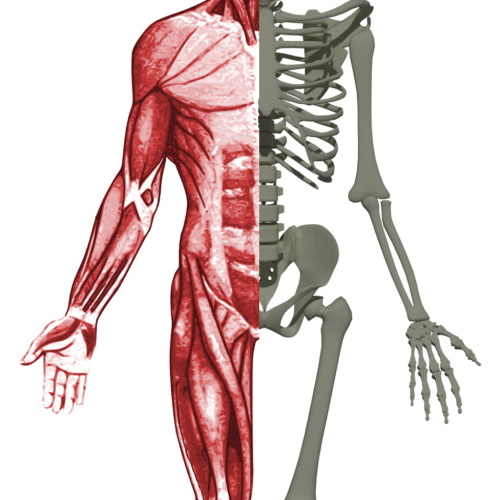Key points from article :
Researchers at the Institute of Neurosciences of the Autonomous University of Barcelona have explored the effects of a protein called Klotho—specifically its secreted form, s-KL—on aging. Their study, published in Molecular Therapy, tested whether raising s-KL levels in mice could improve overall health during aging, not just extend lifespan. They used gene therapy vectors to deliver genetic instructions into the mice, allowing their bodies to produce s-KL naturally over time.
The results showed that mice receiving s-KL had stronger muscles, better endurance, healthier bones, and improved coordination. There were also brain benefits: the treated mice had signs of increased neuron growth in the hippocampus, a brain area linked to memory, and better immune cell function, which may help prevent inflammation-related brain diseases.
Interestingly, male and female mice responded differently. Males showed more gains in lifespan and muscle strength, while females had better bone outcomes, particularly if treated earlier in life. The team believes hormones and how each sex processes the treatment may explain this.
Timing also mattered. Mice treated at middle age (12 months) experienced more benefits than those treated earlier, suggesting that the body’s response to s-KL changes with age.
Although this research was done in mice, it offers hope for a future human therapy that could improve quality of life as we age. Since s-KL appears to support several body systems at once, it may offer a more holistic approach to healthy aging, rather than targeting just one condition at a time.
The study is published in Molecular Therapy.






